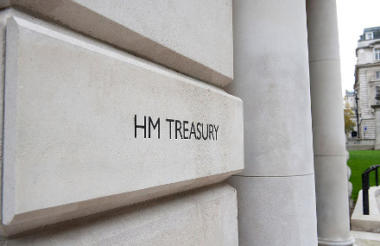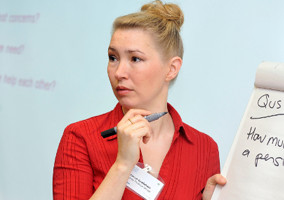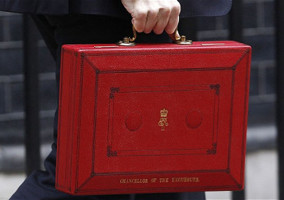Charities are expected to receive an extra £60m in gift aid over the next five years as a result of changes announced in the Autumn Statement, and museums and galleries are predicted to receive another £125m.
But aid spending is expected to be £290m lower than previously predicted, because of weaker GDP figures.
The government has also announced a number of other measures which are likely to have an effect on charities.
Gift aid
Changes in gift aid are likely to come about as a result of changes to digital intermediaries’ ability to claim gift aid on charities behalf – a measure which has long been proposed but has now been consulted on.
Gift aid is also likely to be affected by changes to the Gift Aid Small Donations Scheme, which allow charities to claim a gift aid-like relief on small cash donations, even if they not accompanied by any paperwork.
Museums and galleries
The government has said it will broaden the scope of the museums and galleries tax relief announced at Budget 2016 to include permanent exhibitions so that it is accessible to a wider range of institutions across the country. It expects to hand out £30m a year in tax relief, although it is not clear how much benefit this will bring to the charity sector.
The relief will take effect from 1 April 2017, with a sunset clause which means the relief will expire in April 2022 if not renewed.
Social Investment Tax Relief
The government will change the criteria for social investment tax relief – a relief which allows investors in asset-locked bodies, including charities, to claim a 30 per cent relief against income tax, assuming certain commitments are met. Charities can now take on £1.5m of investment, as opposed to £1m, but only charities with fewer than 250 employees will now qualify for the relief, as opposed to 500.
Sector bodies mostly welcomed the change, but the government estimates it will save £20m over the next five years as a result.
Rising costs
Charities face a basket of rising costs following the budget. An increase in the National Living Wage, in employer’s National Insurance contributions, and in insurance premium tax, will all make it more expensive for charities to do business.
Aid spending
Aid spending remains fixed at 0.7 per cent of the gross national income. However the government is now predicting slower growth as a result of Brexit. If these predictions are accurate, £290m less will be spent on aid.
Related articles












